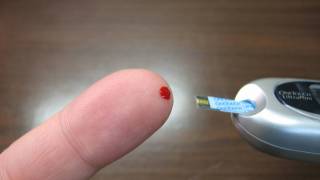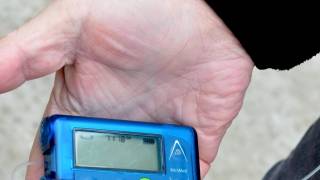Peptide Therapy for Treating Type 1 Diabetes Found Safe

After many years of failed research efforts to treat diabetes with an immunetherapy, a new treatment appears to reduce the immune system’s negative effect on the pancreas insulin-production.
Specifically, this immunetherapy may be a new option for the prevention, and treatment, of type 1 diabetes. Currently, no one knows how to prevent type 1 diabetes.
About 5% of people with diabetes, have type 1.
The authors of this very limited research call their experimental treatment ‘an appealing strategy for diabetes prevention.’
In this study, injections of an immunotherapeutic agent caused no negative response, prompting the authors to declare its safety profile “very favorable.”
These researchers, led by Dr. Mohammad Alhadj Ali, isolated a compound called a proinsulin C19 A3 peptide, which is a fragment of the chemical that gives rise to insulin.
This immunotherapy treatment is designed for those with early stages of Type 1 diabetes, as well as for children who have been identified with a genetic risk of developing diabetes.
In diabetes, the immune system destroys insulin-making cells in the pancreas, a function that’s essential to the body’s ability to extract fuel from food and to keep freely circulating blood sugar from damaging organs and blood vessels.
Type 1 diabetes, previously called insulin-dependent or juvenile diabetes, is usually diagnosed in children, teens, and young adults, but it can develop at any age. If you have type 1 diabetes, your pancreas isn’t making insulin or is making very little.
According to the Centers for Disease Control and Prevention (CDC), diabetes is a disease that occurs when your blood glucose, also called blood sugar, is too high. Blood glucose is your main source of energy and comes from the food you eat.
Insulin, a hormone made by the pancreas, helps glucose from food get into your cells to be used for energy. Sometimes your body doesn’t make enough, or any insulin, or doesn’t use insulin well. Glucose then stays in your blood and doesn’t reach your cells.
Over time, having too much glucose in your blood can cause health problems.
People with type 1 diabetes need to take insulin every day to stay alive.
This clinical study was published in the journal Science Translational Medicine. The researchers, which there were many, did not disclose any conflicts of interest.
Our Trust Standards: Medical Advisory Committee




